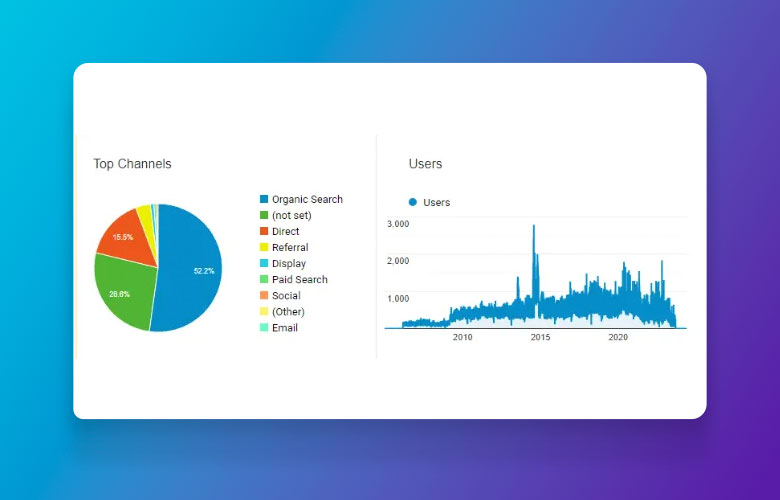How to Use Google Predictive Search to Brainstorm Blog Topic Ideas

What is Predictive Search?
When you open a new Google tab and start a search you might notice that your sentence auto-populates with suggestions. This is called predictive search and can be a valuable tool when brainstorming page topic ideas.
The sentences or phrases that Google autocompletes are phrases/sentences people are searching for – they are prime writing material. For example, when you type “how to hire an attorney” into Google, the following results are suggested:

From this information, I would add the following blog topics to my writing list. Why? I know they are being searched for and that each topic is valuable content to Google:
- How to Hire an Attorney
- How to Hire an Attorney with No Money
- How to Hire an Attorney on Contingency
- How to Hire an Attorney for an Auto Accident
How to Get Results
When trying to get Google to finish your sentence/question/phrase, just stop and really think about what people would type into a search field. Also, consider your audience. Is your audience using words like compensation or money? There is absolutely a difference.
There’s no magic formula to share, but try starting your sentences with these examples:
- How to
- Why is/are
- Where can
- When can/will
- Who can/does
- I was/did/need
If you were attacked by a dog, for example, you might not automatically think “oh, I need a lawyer to help pay for my medical bills.”
You might go to search engines and just type in your situation.

Or, you might ask a question to satisfy your immediate fear. For example, if I was attacked by a dog my immediate concern wouldn’t be to sue, it would be to make sure I wasn’t in a situation to get rabies or a similar disease.

Once I knew I wasn’t going to die from my injuries, I might go to Google to figure out what to do next.

If I was a dog bite lawyer looking for blog topics, I would use the following from the results above:
- I Was Bit by a Dog! What Should I Do?
- How Do You Know if a Dog as Rabies?
- How to Sue for a Dog Bite
- How to Sue a Dog Breeder
When Working with Keywords
It’s common for most search engine optimization campaigns to kick off with a list of keywords. As marketers, we use keywords to generate the site architecture, write copy, blog and advertise. The keywords are the foundation of the every internet marketing effort, so it makes sense that you might be working from a list of keywords when generating topic ideas via Google predictive search.
For example, as a personal injury attorney in Miami you might have the following keywords:
- Miami dog bite lawyer
- Miami animal bite lawyers
- Miami injury attorneys
The results via Google’s predictive search are pretty underwhelming and don’t reveal anything even resembling a writing topic when using just the keyword or phrase.



However, if you add to the sentence the results get a little more interesting. In this example, I started on the left side of the keyboard and typed each letter to see if the resulting drop down would reveal anything interesting.




You could work with some of these results and even if they aren’t fit for blogging or content writing, they are great social media post ideas (Facebook loves jokes and quotes):
- Miami Dog Bite Lawyer Reviews
- Miami Dog Bite Lawyer Referral
- Miami Dog Bite Lawyer Jokes
- Miami Dog Bite Lawyer Job
- Miami Animal Bite Lawyers Quotes
- Miami Injury Attorneys Office Internship
Helpful Tips for Better Results
You’ll likely get the best results if you take both approaches. First, think about a query someone might search. What questions might they have? What information would they be trying to determine? What are they too embarrassed to ask a person that they might Google? Second, think of your keywords and start with those phrases, building out ideas based on the alphabet.
If you’re struggling to get the results you want, try these tips:
- Clear your cache
- Ensure you are spelling everything correctly
- Switch up the words you are using (compensation/money, attorney/lawyer, sue/get money, find/locate, injury/assault, etc.)
- Try a different search engine
You won’t get results every time you type something into the search bar. No worries. You’re doing research. It isn’t an exact science… we wish it was that easy.
About Us
Did you know more than 200 clients have worked with PaperStreet for more than 10 years?
Get a Free Website
Analysis and Consultation
Marketing Services




